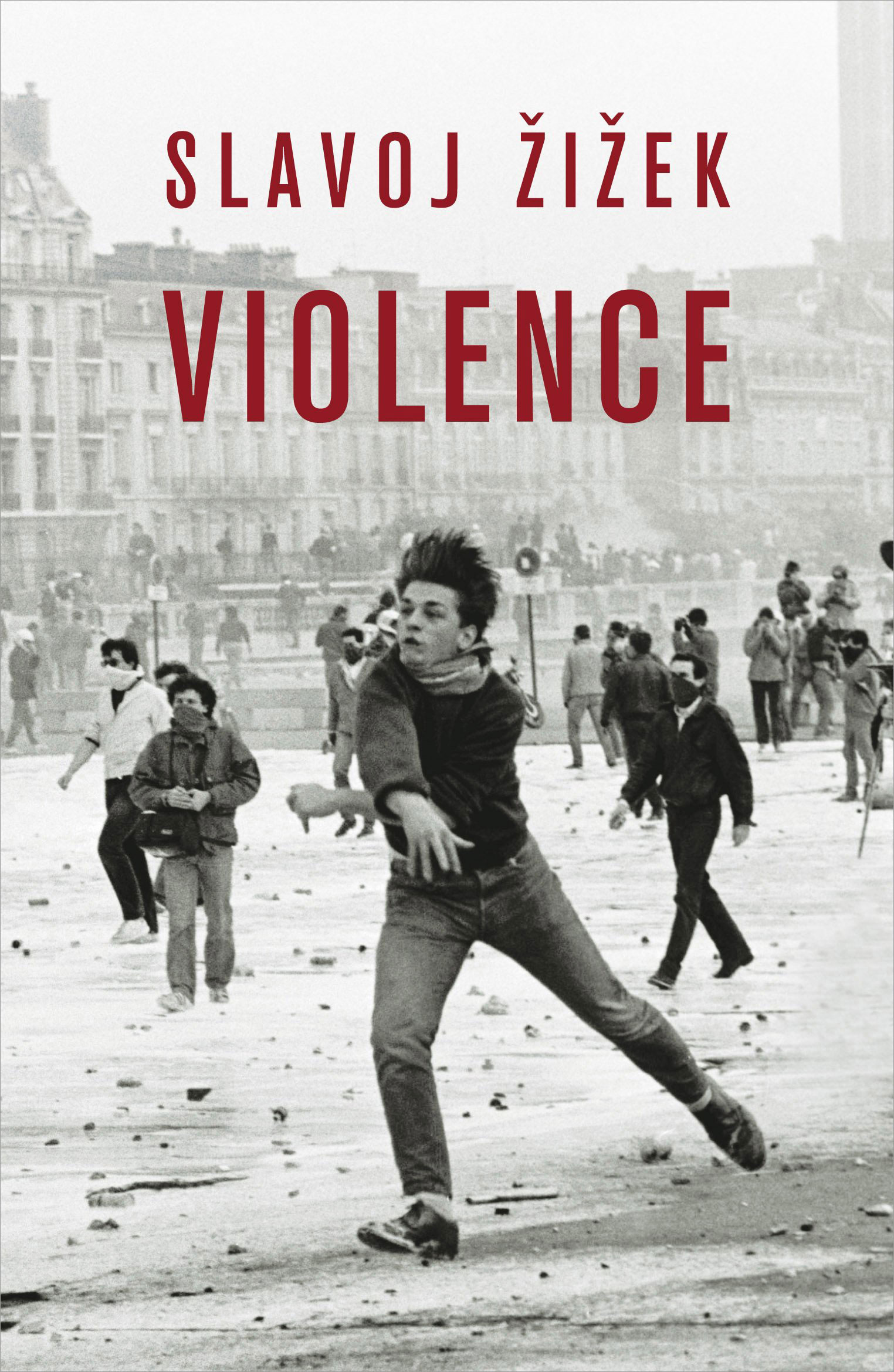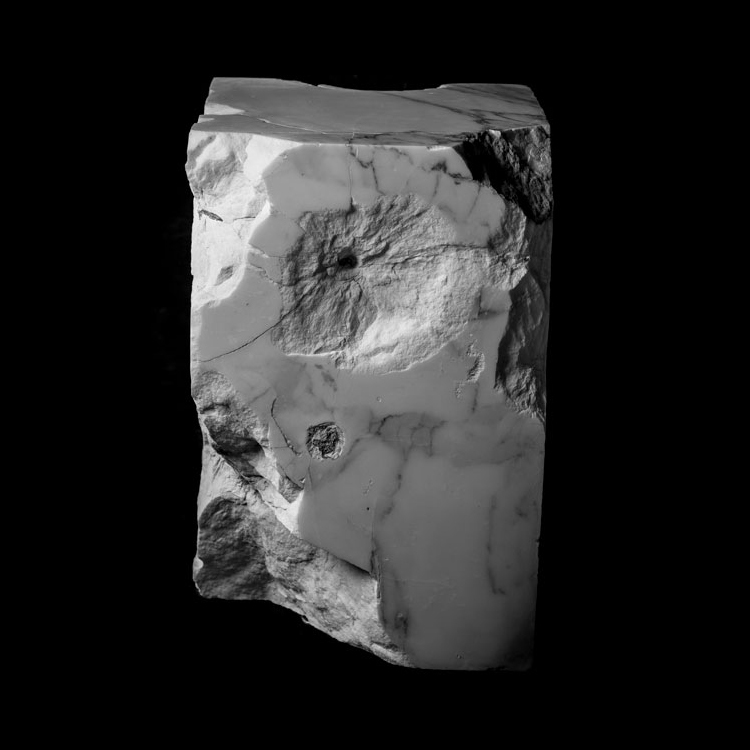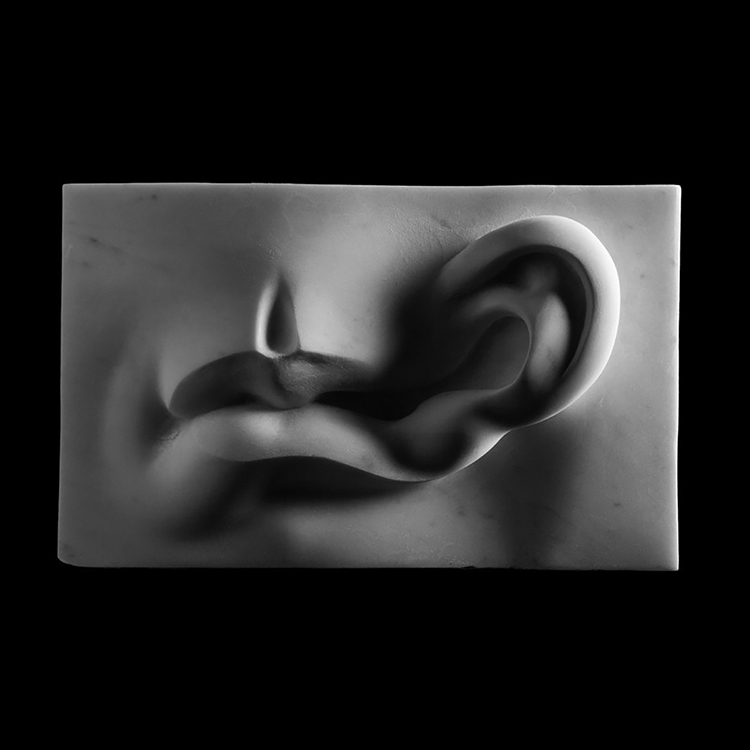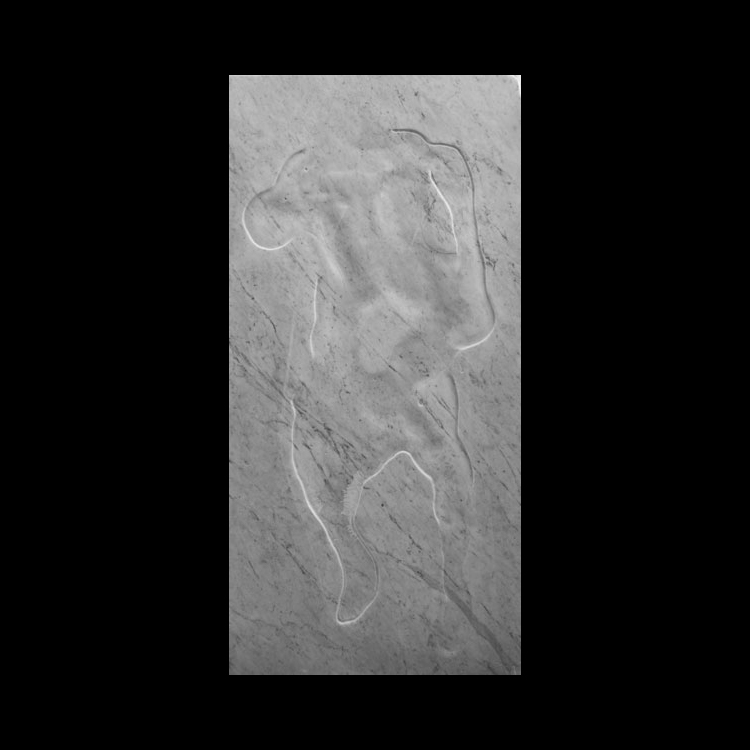The Politics of Fear
Today’s predominant mode of politics is post-political bio-politics.
The only way to introduce passion in this field is through fear. Bio-politics is ultimately a politics of fear, it focuses on defence from potential victimisation or harassment.
Fear of immigrants, of crime, of godless sexual depravity, of the excessive state itself, of ecological catastrophe, of harassment. Political correctness is the exemplary liberal form of the politics of fear.
Liberal’s tolerance towards others: the Other is just fine, as long as his presence is not intrusive.
Post-political bio-politics has two opposite ideological aspects:
1. The reduction of humans to ‘bare life’.
2. The respect for the vulnerable Other.
Shooting someone point-blank is for most of us much more repulsive that pressing a button that will kill a thousand people we cannot see.
Sam Harris’ ‘truth pill’ equivalent to diet coke or decaffeinated coffee.
The Neighbour Thing
‘An enemy is someone whose story you have not heard’
The ultimate criminal is thus allowed to present himself as the ultimate victim.
The experience that we have of our lives from within, the story we tell ourselves about ourselves in order to account for what we are doing, is fundamentally a lie – the truth lies outside, in what we do.
The real event, the very dimension of the Real, is not the immediate reality of the violent event, but how this reality appears to observers and in the hopes awakened in them. The reality of what happens belongs to the temporal dimension of empirical history; the sublime image that generates enthusiasm belongs to eternity.
Fetish disavowal: ‘I know, but I don’t want to know that I know, so I don’t know’.
Every ethics may well have to rely on this gesture of fetishist disavowal.
Buddhism offers a solution of universal indifference, a learning of how to withdraw from too much empathy.
The Violence of Language
The disintegration of the protective symbolic walls that keep other at a proper distance.
Caricatures of the Prophet Muhammad published in Jyllands-Posten.
‘The global information village’: It is as if Denmark and Syria, Pakistann Egypt, Iraq, Lebanon an Indonesia really were neighbouring countries.
A neighbour is a traumatic intruder, someone whose different way of life disturbs us. When it comes too close, it can give rise to an aggressive reaction.
‘More communication means at first above all more conflict’, Peter Sloterdijk.
The attitude of ‘understanding-each-other’ must be supplemented by the attitude of ‘getting-out-of-each-other’s-way’.
Alienation is the distance woven into the texture of everyday life. Sometimes a dose of alienation is not a problem but a solution.
‘Speaking is the foundation and structure of socialization, and happens to be characterized by the renunciation of violence’. Jean-Marie Muller for UNESCO.
The renunciation of violence defines the very core of being human.
‘It is the principle and methods of non-violence…that constitute the humanity of human beings’, so that violence is ‘indeed a radical perversion of humanity’.
Humans exceed animals in their capacity for violence precisely because they speak. There is something violent in the very symbolisation of a thing, which equal its mortification. Language simplifies the designated thing, reducing it to a single feature. It dismembers the thing, destroying its organic unity, treating its parts and properties as autonomous. It inserts the thing into a field of meaning which is ultimately external to it. When we name gold ‘gold’, we violently extract a metal from is natural texture, investing into it our dreams of wealth, power, spiritual purity and so on, which have nothing whatsoever to do with the immediate reality of gold.
Jean-Marie Mullen rejects all attempts to distinguish between ‘good’ and ‘bad’ violence.
But struggle and aggression are part of life. The solution is to distinguish rename them as ‘aggression’ (life-force, positive) and ‘violence’ (death-force, negative). Violence is excess which disturbs the normal run of things by desiring always more and more. The task becomes to get rid of this excess.
Desiring property and power are legitimate insofar as it enables an individual to achieve independence from others. Adversaries, however, have a natural tendency to always demand more.
They do not know how to stop themselves.
Rivalry between human beings can only be surmounted when each individual puts a limit on his or her own desires.
‘limited desires are in harmony with the world; desires that contain the infinite are not.
When we perceive something as an act of violence, we measure it by a presupposed standard of what the ‘normal’ non-violent situation is – and the highest form of violence is the imposition of this standard with reference to which some events appear as ‘violent’.
Human desire is substantially excessive.
As opposed to machines, which do not desire.
Language is the greatest divider, it is because of language that we and our neighbours (can) live in different worlds even when we live on the same street.
Verbal violence is the ultimate resort of every specifically human violence.
Reality in itself is never tolerable: it is language, its symbolization, which makes it such.
When dealing with the scene of furious crowd, we should never forget the placards that they are carrying and the words that sustain and justify their acts.
Heidegger’s ‘essence’.
Change of sensitivity on a specific ‘essence’ is sustained by language.
A fundamental violence exists in this ‘essencing’ ability of language: our world is given a partial twist.
Heidegger’s ‘ontological violence’.
‘All violence is necessarily deemed only a disturbance and an offence … The violent one, the creative one who sets forth into the unsaid, who breaks into the unthought, stands at all times in daring…The violence-doer knows no kindness and conciliation. For such a one, disaster is the deepest and broader Yes to the Overwhelming’. Heidegger
‘The essence of violence has nothing to do with ontic violence, suffering, war, etc.; the essence of violence resides in the violent character of the very imposition /founding of the new mode of the Essence itself’.
There is a direct link between ontological violence and the texture of social violence that pertains to language.
The wall of language.

































